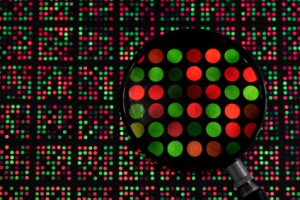What are the challenges of genetic testing?
Next generation sequencing and chromosomal microarray have expanded the ability of clinical geneticists and researchers to identify potential genetic causes of ASD. However, there are many challenges still present in the field of genetic evaluation. A recent report in the American Journal of Medical Genetics found that many ASD children fail to get genetic evaluation, and that parents and medical professions need to be better educated about the potential benefits of genetic evaluation1. Educating parents on genetic evaluation is especially critical in light of a recent survey of nine parents regarding their child’s participation in genetic research in ASD, in which parents valued having had their child enrolled for a variety of reasons, including the potential use of genetic results in tailoring intervention and in family planning, the establishment of connections with experts in the field of ASD, and networking with other families, among others2. In this section we will discuss some of the challenges in the interpretation and reporting of genetic testing results.
| References: |
|


